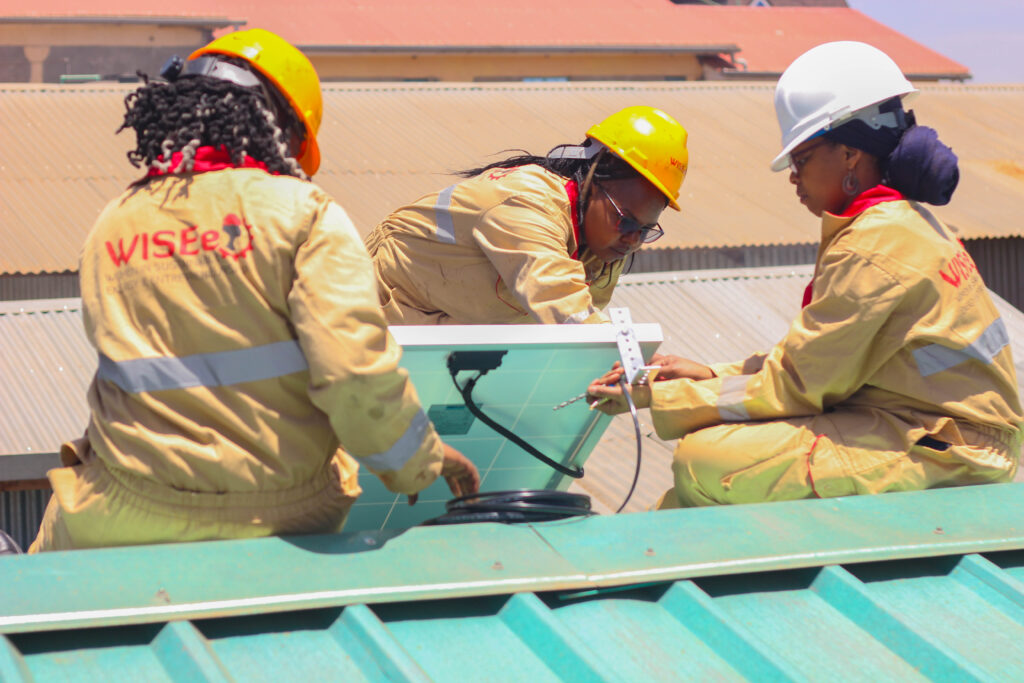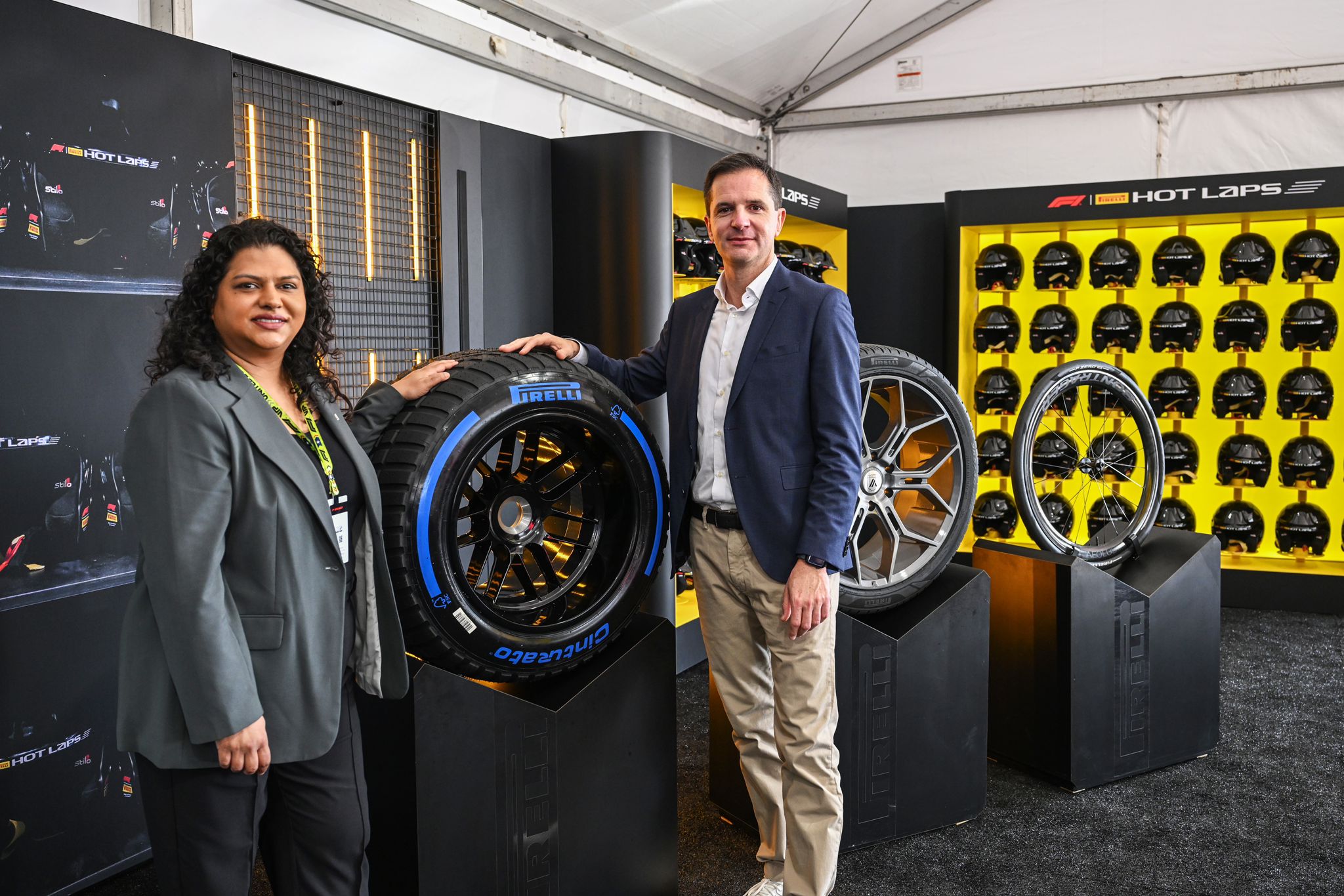Sign up for daily news updates from CleanTechnica on email. Or follow us on Google News!
The work done by WISEe, Women in Sustainable Energy & Entrepreneurship, is combating climate change, gender inequality, and improving electricity access simultaneously. Started in 2015, WISEe leads technical PV training, hands-on installation, and entrepreneurship guidance for Kenyan women entering the renewable industry. Based out of Nairobi, they are looking to spread to all counties in Kenya and have led Solar Pump Irrigation System (SPIS) training in Malawi, Ghana, Uganda, and Kenya. Since their founding they have completed 29 trainings and reached over 880 trainees. This has totaled over 16,000 beneficiaries, including students, hospitals, and homes that now have access to electricity.
With certification requirements to work in PV installation in Kenya, PV installation jobs have been male dominated. Of an estimated 300 certified technicians in mid-2019, only 19 were female. With the goal of reducing this disparity, WISEe offers a variety of training, including grid-tie systems, PV technician training, and Empowered Entrepreneurship Training. Their comprehensive approach puts trainees under the supervision of qualified women technicians who walk them through site assessment, system design, installation, and maintenance.
The success of WISEe is due, at least in part, to the fact that both the trainers and the trainees are women. Catherine Nyambala, co-founder of WISEe, emphasized that this allowed women to take full advantage of the hands-on training. “Women only classes (are crucial) because after being in a class full of men for five years I felt like I couldn’t touch the panel, (but) in womens only classes everyone works together. They are very collaborative and everyone gets hands- on experience.” The class also allows the women leading the training to practice public speaking, improve organization, and develop their leadership skills.

WISEe leads installations at hospitals, schools, and homes, providing electricity to rural communities. Photo provided by WISEe
Nyambala made it clear that WISEe has been made possible due to the work of its partners. For PV training and installations, WISEe has partnered with Remote Energy, a US based non-profit that leads PV training and mentorship programs across the world. WISEe has also partnered with Strathmore University and We Share Solar to further expand its ourtreach. In the hopes of leading trainings which address the growing EV marketplace, WISEe is currently in partnership talks with several organizations involved in EV development in Kenya.
WISEe is leading these trainings at a critical time as Kenya’s solar industry continues to expand, having added 120 MW in 2021 alone. WISEe-trained PV installers will be especially important as off-grid solar continues to grow. A report by the International Trade Association found that there is significant demand for off-grid solar as a way of providing electricity to communities that are not currently connected to the transmission grid. While the estimated PV potential for Kenya is roughly 15,000 MW, the electricity access rate for rural Kenya is at only 65%. However, Kenya has no shortage of solar energy potential due to its high radiation level. Solar solutions have been especially helpful in providing electricity to rural communities through Solar Home Systems (SHS), which are currently providing energy to an estimated 200,000 homes.
In conversation with Jedidah Kaseva, a WISEe trainee who is now working in e-mobility, it became clear that people who complete training find themselves part of a community. Kaseva emphasized that WISEe has allowed women who previously had no affiliation with renewable energy to enter the clean energy work force. WISEe not only helped her enter the renewable industry, but has encouraged her to seek advancement. Kaseva acknowledged, “WISEe grew (my) confidence to apply for new roles and it creates a community. (At WISEe) It is easy to get someone to guide and mentor you, (leading to) advancement in your career.”
Working alongside the Kenyan Government’s Children’s Department, WISEe has completed solar installations in schools, homes, and rescue centers in Kajiado County. These installations meant the schools no longer had to pay for expensive diesel generators, but allowed students to read, study, and eat in improved lighting, which has led to better performance in school. Kaseva spoke fondly of her training, which took place at primary and high schools as well as the maternity wing of hospitals.

Members of the WISEe training programs talk about the sense of community that comes as a result of WISEe. Photo provided by WISEe.
A trained PV workforce is something every country with the solar radiation levels of Kenya desperately needs. A workforce that includes both men and women advances gender equality and expands opportunities for women. By addressing both of these factors while holding training sessions at schools, hospitals, and homes WISEe is working to combat several of the largest challenges facing the Kenyan renewable industry at the same time.
Have a tip for CleanTechnica? Want to advertise? Want to suggest a guest for our CleanTech Talk podcast? Contact us here.
EV Obsession Daily!
I don’t like paywalls. You don’t like paywalls. Who likes paywalls? Here at CleanTechnica, we implemented a limited paywall for a while, but it always felt wrong — and it was always tough to decide what we should put behind there. In theory, your most exclusive and best content goes behind a paywall. But then fewer people read it!! So, we’ve decided to completely nix paywalls here at CleanTechnica. But…
Thank you!
Community Solar Benefits & Growth
CleanTechnica uses affiliate links. See our policy here.



